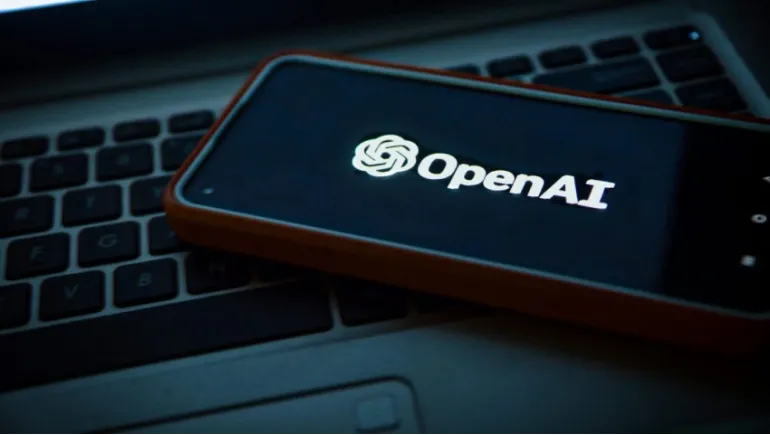
OpenAI is stepping into the social media space, signaling a bold new direction in ethical and AI-powered online interaction.
There’s growing concern over how current social platforms handle misinformation, mental health, privacy, and algorithmic bias. OpenAI has long positioned itself as a company focused on responsible AI development. Its move into social networking could be a direct response to these ongoing issues—an attempt to rebuild online interaction from the ground up using ethical and transparent AI systems.
By creating its own platform, OpenAI could design new standards for how content is moderated, how users are protected, and how AI can enhance—rather than manipulate—our online experiences.
Although OpenAI has not released full details, it's likely that the platform will be built around core AI features. This could include real-time content generation, intelligent moderation, AI-assisted messaging, and personalized content curation without intrusive tracking.
An OpenAI-powered platform would likely appeal to a broad range of users:
The social media market is already crowded with giants like Facebook, Instagram, X (formerly Twitter), TikTok, and emerging alternatives like Mastodon and Bluesky. However, each of these platforms has its own issues—ranging from toxic environments and ad-driven manipulation to lack of innovation in user experience.
OpenAI’s strength lies in its reputation for cutting-edge AI technology. If the platform offers meaningful innovation in how people interact and communicate, it could attract users who are disillusioned with the current landscape. Privacy-conscious users, digital creators, and younger audiences might be especially interested.
Despite its technological edge, OpenAI will face major hurdles in building a successful social networking platform:
OpenAI’s mission has always been to ensure that artificial general intelligence benefits all of humanity. A social platform aligns with this by providing a space for people to communicate, learn, and collaborate—ideally in a way that is safer, smarter, and more transparent than current platforms allow.
Rather than merely replicating existing networks, OpenAI has the opportunity to build something fundamentally different. A place where AI enhances conversation instead of hijacking attention, and where tech is used to promote positive engagement rather than outrage and division.
As of now, OpenAI has not announced an official launch date or confirmed all the details of the platform. However, internal development appears to be underway, and early prototypes or beta tests could be announced in the coming months.
If OpenAI succeeds in creating a new kind of social network—one that reflects its core values of safety, ethics, and innovation—it could change not just how people use social media, but what they expect from it. The coming year could bring a major shakeup in the digital space, led not by a social media company, but by an AI research lab.












Comments
There are no comments for this Article.